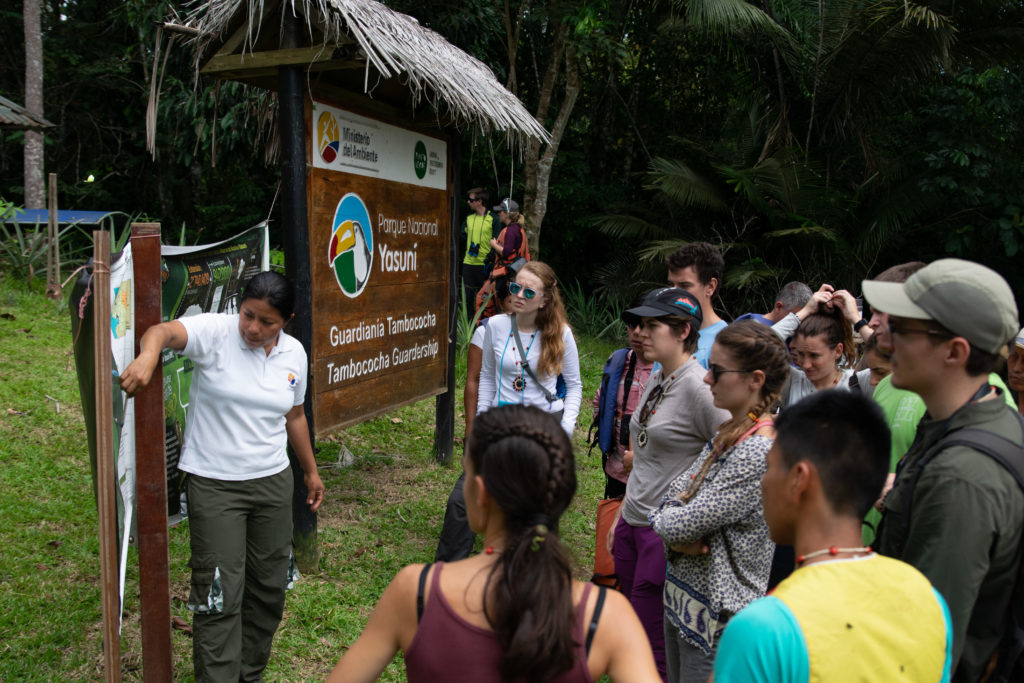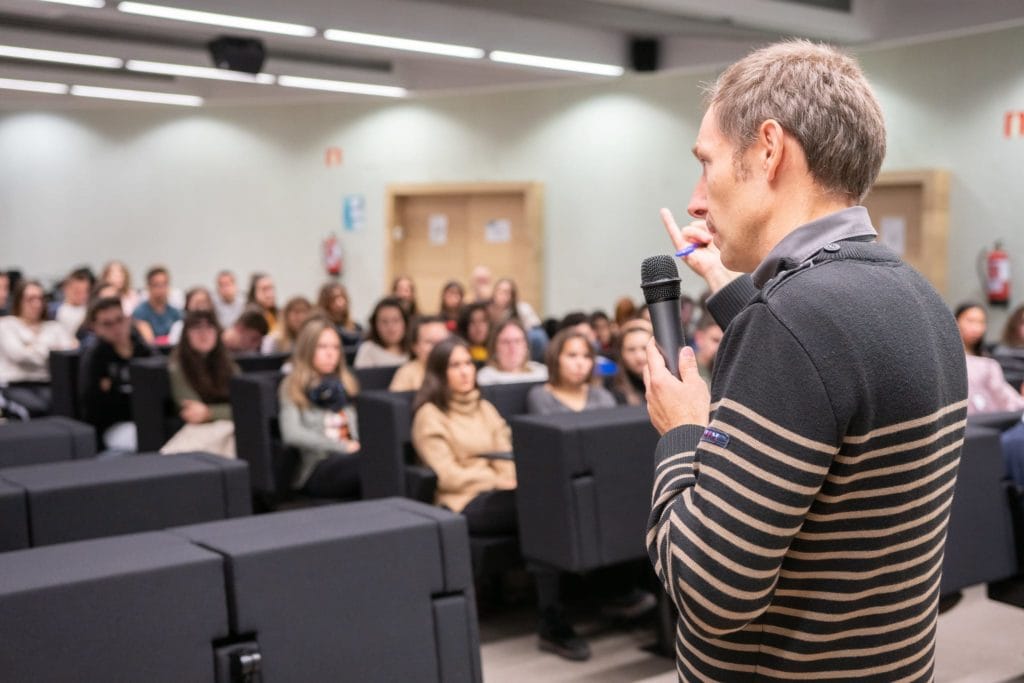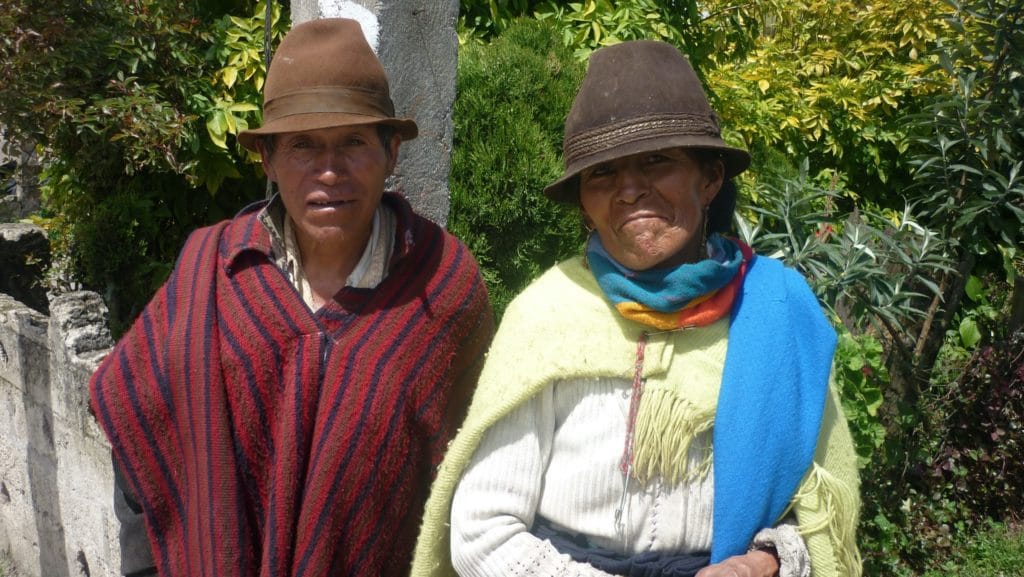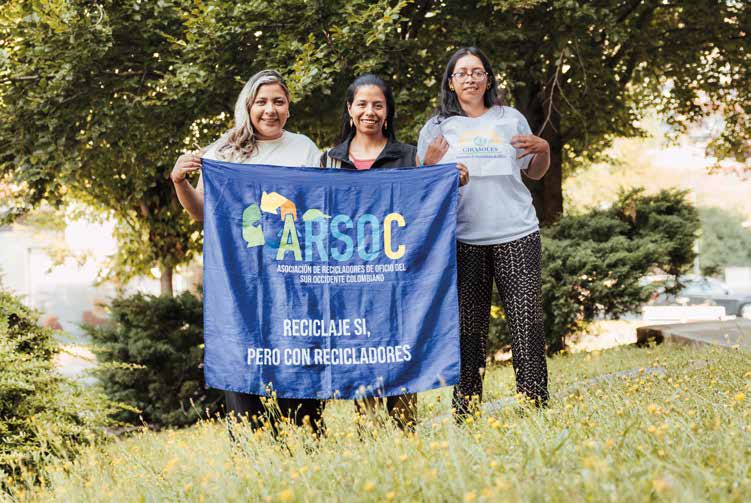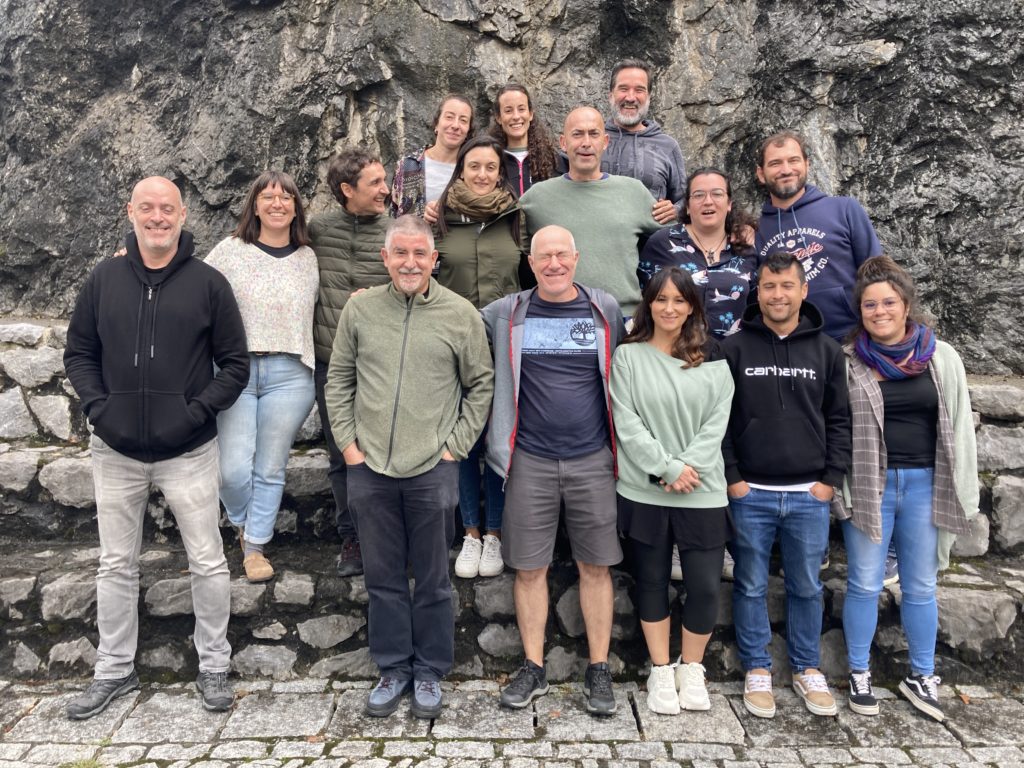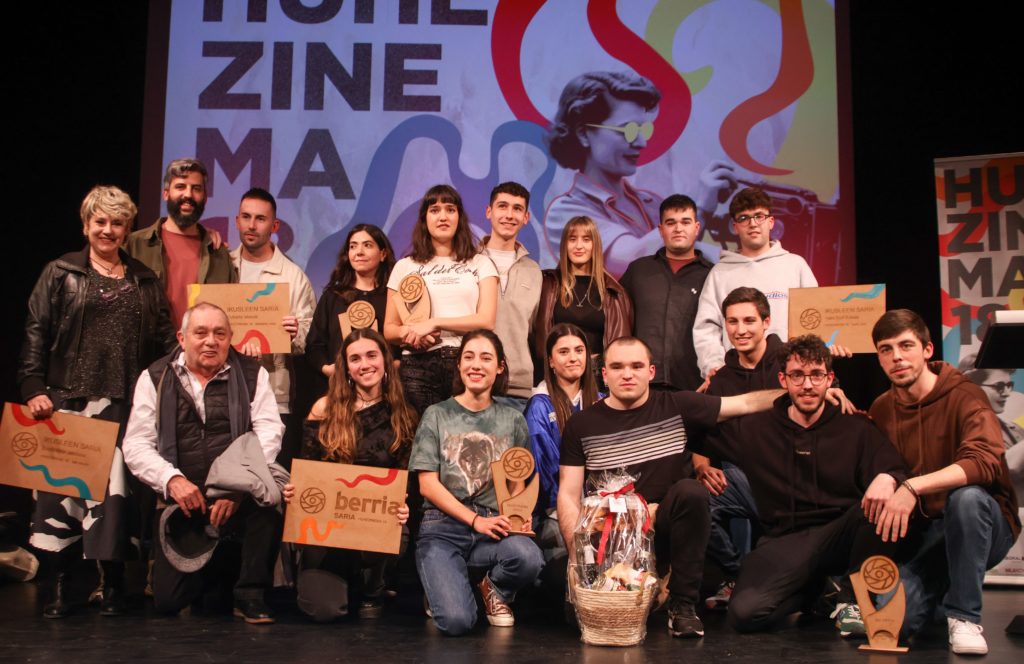Among the 2,093 people registered for the exchange trip to Ecuador, a pool of 200 participants has been drawn by lottery, of which 30 will go on to carry out the interview that will allow them to be part of the group of 10 lucky people to travel to Ecuador .
The communication to the selected people will be made before July 24. which must accept participation within 48 hours of notification.
Purpose of the trip
The objective of this trip is to get to know two realities of Ecuador, the Andean and the Amazonian, from the perspective of residents who seek alternatives to defend their territory and their livelihoods against the threats of extractivist activities.
The stay in Ecuador will be organized in collaboration with two Ecuadorian associations: one in the Amazon, the Alejando Labaka Foundation (with whom it already coordinated in 2019) based in the province of Orellana, and the Toisán Corporation, based in the Intag Valley. (Imbabura province).
Amazon
In the Amazon, the reality of the Waorani people will be visualized in several of their communities, who present a life proposal that they seek through tourism and the sharing of their culture and way of life an alternative to defend and preserve their territory from the threats generated mainly for logging and oil activities.
The Waorani people are one of the 18 indigenous peoples present in Ecuador. It is considered by the UN as a people of recent contact, since just 65 years ago they had their first contact with civilization. Even some groups are still without contact. They live in communities in the provinces of Napo, Pastaza and Orellana. Several of these Woarani communities are settled on the banks of the Cononaco River, in the province of Orellana (bordering Pastaza), within the territory of the Yasuní National Park, one of the most biodiverse places in the world. These communities try to show the world their ancestral way of life, seeking to conserve their environment and their livelihood.
Andes mountains
In the Sierra, the reality of the inhabitants of the Intag Valley will be visualized, one of the most important areas in biological wealth of Ecuador, in which 2 Priority Terrestrial Eco-regions called Tumbes-Chocó-Magdalena on the one hand and Tropical Andes converge. for other. Its inhabitants settled in the valley about 150-200 years ago. It is a valley considered very productive and biodiverse, but it also has important reserves of copper and gold. This has caused that since 1990 it has been a place of interest for mining companies with the intention of exploiting it. In this sense, 70% of Intag’s territory is concessioned to metal mining companies. Although there are residents who have seen this activity with good eyes, a large part of the inhabitants have shown resistance to mining through productive and tourist community alternatives, due to the great environmental impacts that it entails: massive deforestation, desertification, contamination of water sources with lead, arsenic, cadmium and possible extinction of species (collected in the environmental impact studies of the mining companies themselves).
Both experiences show us, from a different perspective and reality, the great importance that the conservation of the natural environment has in the daily struggle to achieve a decent life.
Mundukide cooperation in Ecuador
Mundukide has almost 23 years of experience in cooperative cooperation and in strengthening the capacities of people and improving their socio-economic development in the countries of the South. Likewise, it seeks to reinforce the business, organizational and cooperation work of counterparts with local leadership and a vocation for social transformation. Through the experience accumulated in Equatorial Guinea, Zimbabwe, Mozambique, Ecuador, Peru, Cuba, Colombia and other countries, Mundukide knows well the local entities that promote development models that favor sustainable growth. Mundukide has been working in Ecuador since 2018, despite having had 5 years of experience in the early days of the foundation with various local associations. Currently Mundukide has a Basque cooperant in Ecuador, with 20 years of experience in the country and thanks to her the quality of this experience is guaranteed.
Another way of looking at the world
Although the initiative belongs to LABORAL Kutxa, to carry out the Experience an intercooperation system has been activated between two entities with a cooperative structure. Thus, LABORAL Kutxa will have the collaboration of Mundukide, organizing, coordinating and accompanying the travellers.
